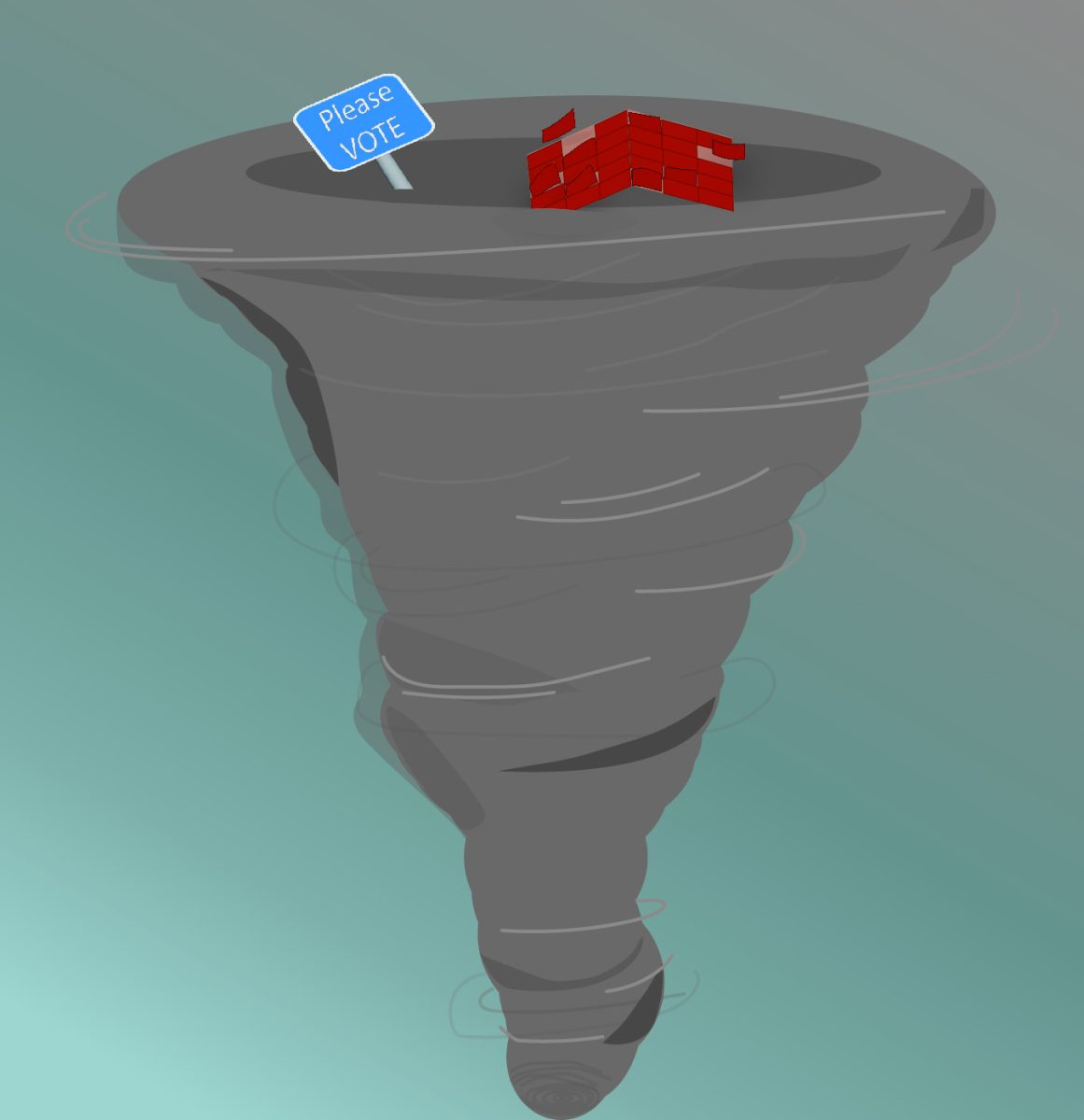The new law authorizing the attorney general’s crackdown on repeat drunken drivers is among a slate of new laws going into effect on Saturday.
More than 150 of the laws that the Legislature passed earlier this year formally go into effect on Oct. 1. Most are considered minor housekeeping adjustments to current statutes.
But one of the higher-profile new laws is the so-called “24/7” program that was overwhelmingly endorsed by lawmakers in April with the strong backing of Attorney General Steve Bullock.
The program requires repeat DUI offenders to take a breath test twice a day, every day, at their own expense from the time of arrest until their sentence is completed.
“Every day, judges in Montana require repeat DUI offenders to stay sober and to stay out of bars as a condition of their bond, but until now, we’ve had no effective program to make sure that happened,” Bullock said. “The 24/7 Sobriety Program gives communities an enforcement mechanism to keep repeat drunk drivers off the road.”
Supporters argue it has proven successful in keeping repeat offenders sober during a pilot project, and costs taxpayers nothing since the offenders pay for the tests. A few opponents at the Legislature, including one lawmaker and bar owner, unsuccessfully tried to argue that the full slate of DUI crackdowns was bad for business in small towns.
The attorney general said work will continue to implement the program around the state.
Within the next week, five counties should have their programs working _ Yellowstone, Custer, Lewis and Clark, Butte-Silver Bow and Sanders counties. Cascade and Flathead counties are expected to start testing sometime in the next month, and Missoula County is expected to be ready sometime after that.
“With a steady rollout across Montana, I believe we can partner with local law enforcement agencies to reduce the terrible toll drunk drivers exact on Montana families,” Bullock said.
Another new law going into effect faces more difficult hurdles before it is implemented.
The Legislature authorized the Montana Department of Fish, Wildlife and Parks to sell the hides of wolves killed by government agents dealing with problem wolves. The money would go into the account used to repay ranchers for animals lost to wolf predation.
But FWP director Joe Maurier has outlined several problems with the proposal.
In a letter to the Livestock Loss Board, Maurier noted that federal agents are the ones who kill most of the wolves. The feds used to deliver wolves to FWP for testing, where they were often kept in a freezer.
But the feds no longer bring the wolves to FWP, and instead just deliver a tissue sample for tests. State agents still bring some wolves in.
“None of these are handled or stored in a manner where the hide remains useable,” Maurier said. “For commercially useable hides, they would need to be skinned as soon as possible after death, and then either salted and frozen or tanned.”
Maurier pointed out that the time and cost of processing, tanning, storing and auctioning of the hides is likely to exceed the proceeds.
Maurier said the Livestock Loss Board could try to develop a system to immediately retrieve animals killed by the feds to ensure they could be processed. But no system is in place as the new law goes into place.
A sampling of some of the other laws going into place:
-The state will have to verify lawful presence in country prior to issuing a driver’s license or identification card
-Stronger sexual assault penalties for repeat offenders of the crime
-Clarified duty of driver in an accident to remain at the scene
-A new crime of “predatory loitering” can be used against previously convicted sex offenders
-Law clarifies that shooting range noise cannot be considered a public nuisance
-Audiologists allowed to sell hearing aids without a special license





